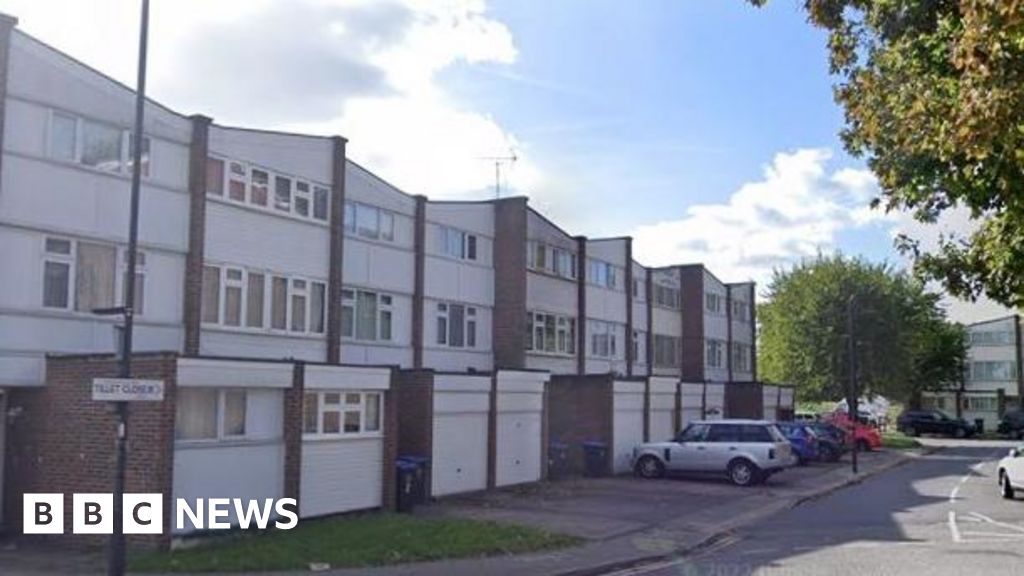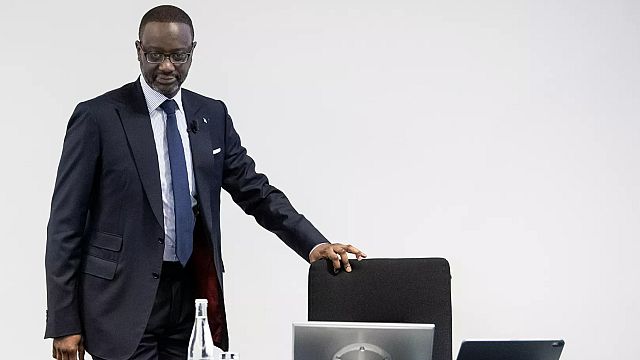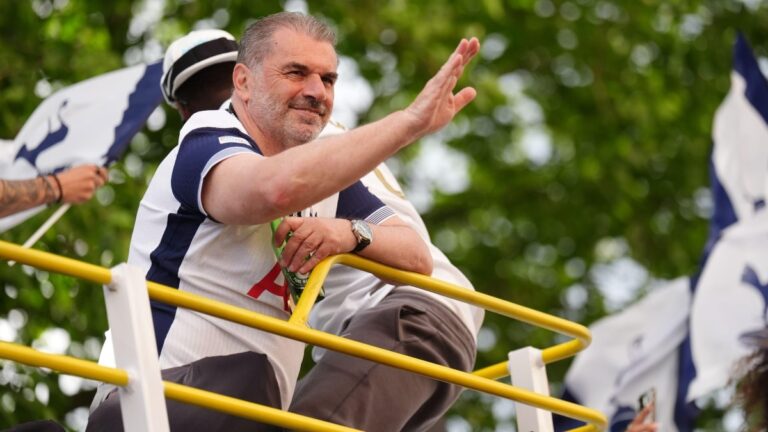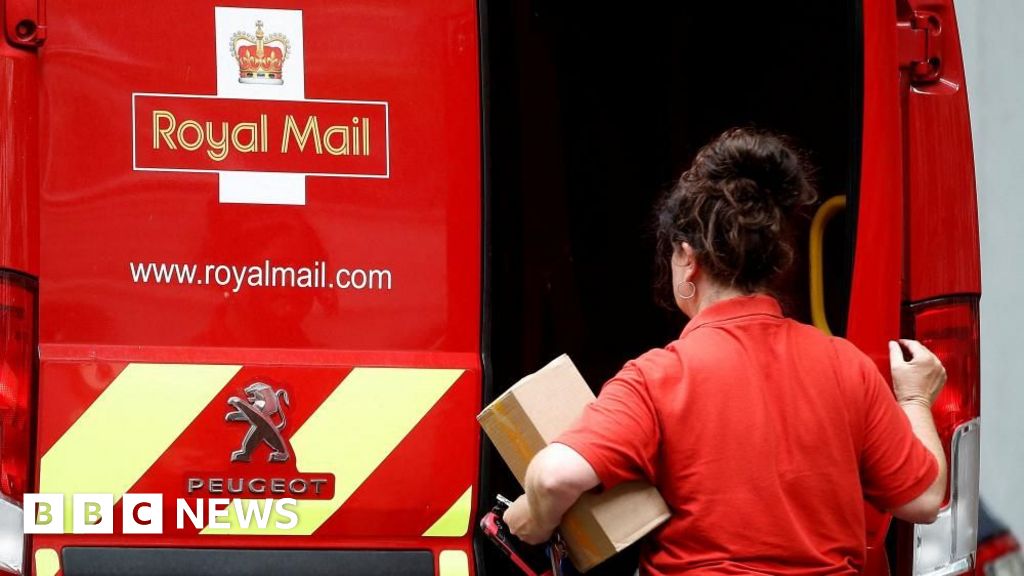Yachts an easy way to bring migrants to UK, says ex-smuggler
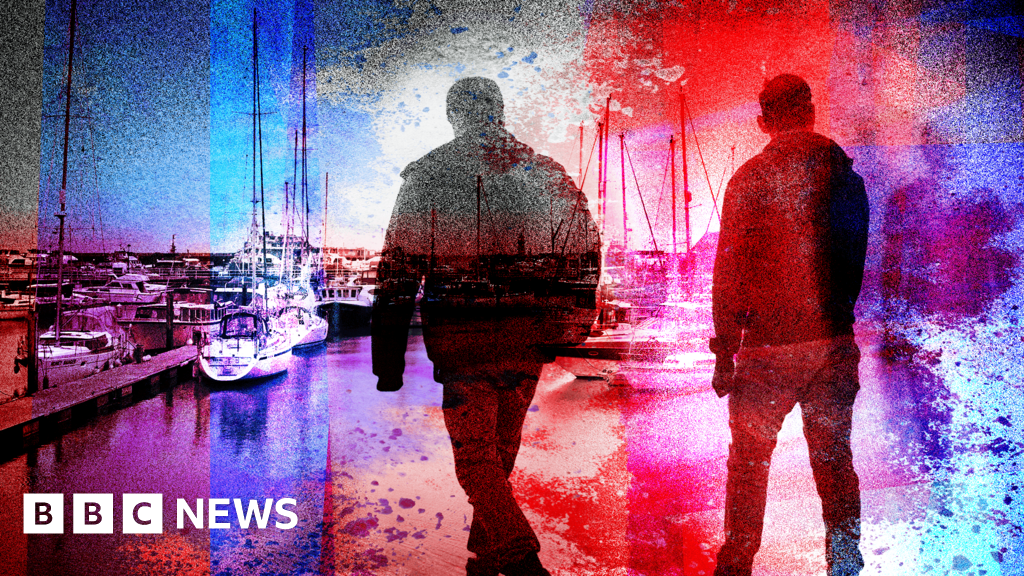
Yachts easy way to bring in migrants - ex-smuggler
Annabel Deas, Hayley Mortimer and Kirstie BrewerBBC News Long Form Audio
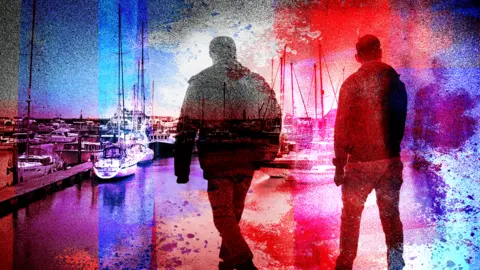 BBC
BBCA former British soldier who became a people smuggler has told the BBC how he transported dozens of Vietnamese migrants by yacht into private marinas in seaside towns across south-east England.
The man was convicted and sent to prison in 2019, but we have learned that smugglers are still using similar routes and methods - described by Border Force as "a really concerning risk".
Private marinas have "no more security than a caravan site", one harbourmaster on the Essex coast told us - while another said "there is nothing to stop this [people smuggling] happening".
The ex-soldier and smuggler, who we are calling Nick, has also been describing how he smuggled Albanian people in cars on to ferries - and how the migrants then jumped into lorries on the vehicle decks mid-journey in the English Channel.
The smuggling routes - whether by yacht or ferry - were "easy" and "low risk", Nick told us.
He said he had chosen to speak out now because he was "angry" he had been jailed for a crime that was still very possible to commit. He claimed to know people who, in the past year, had used the same routes and methods as him.
Convicting him was "pointless", he said, if the authorities would not improve security to stop other people smugglers.
Border Force is responsible for securing the 11,000 miles of UK coastline, but the security of harbours and marinas rests with private operators, Charlie Eastaugh, the force's director of maritime, told the BBC.
"We patrol 24/7, we carry out proactive, as well as reactive, operations," he said - citing a luxury yacht, hiding 20 Albanians below deck, that was intercepted en route to Newquay in Cornwall last month.


Nick's story is a particularly striking example of how a British citizen became involved in the international people-smuggling trade.
His "stories and confessions represent a concerning risk posed to the UK around people smuggling and irregular migration at sea", said Border Force's Charlie Eastaugh. We will "look at the vulnerabilities he [Nick] has identified," he added.
Unlike many migrants crossing the English Channel in small boats, the majority of those transported by Nick did not want to be found by authorities to formally claim asylum. Having arrived on UK shores, they wanted to disappear anonymously into the black economy. Nick said he had been told the Vietnamese migrants would go on to work on cannabis farms.
The fact that Nick travelled with them too - skippering a yacht - is also unusual.
It all started in 2009, when an Albanian friend he met on a construction site recruited him - saying Nick's pale complexion and UK passport would help him to avoid suspicion from border authorities.
The friend, whom we are calling Matt, offered to pay Nick £3,500 for every migrant he smuggled into the UK. Nick was working as a self-employed builder at the time, but his business had been pulled under by the financial crash in the late 2000s and he was struggling to make ends meet. He also had a baby on the way and was desperate to provide for them, he told us.
Matt spoke briefly to the BBC and confirmed details of Nick's story - but we did not move forward with a full interview because he demanded payment.
At first, Nick picked up migrants hiding near French ferry ports, concealing them in the boot of his car.
The migrants tended to be Albanian men, he told us, with no right to work in the UK. Often they had been smuggled across the English Channel three or four times previously, only to be deported each time, he added. Some of his other passengers, from places such as Sri Lanka, were looking to claim asylum however, he told us.
On the ferry, Nick would pick a lorry that another smuggling-gang member waiting on dry land would spot easily. Nick said he would send them a photo and share the vehicle's number plate.
You then tell the migrant to get on top of the lorry, he explained. "You give him a knife… just cut one side like a V, you slide in." 
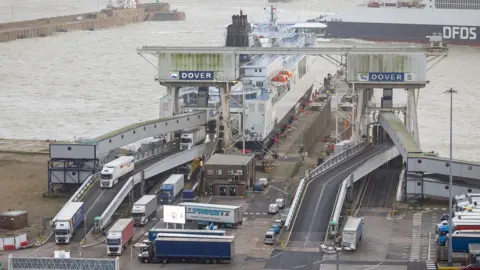 Getty Images
Getty Images
The waiting gang member would then trail the lorry once it disembarked and collect the migrant when it eventually stopped. The lorry driver would have had no idea or involvement, said Nick.
"I'm telling you now how easy it is," he told us - insisting he would never have been caught, had it not been for a friend, whom he had taken along one day, alerting the French authorities with suspicious body language. Nick ended up spending five months in a prison in France.
Matt, meanwhile, was also eventually caught and given a seven-year UK prison sentence. It had happened after a migrant jumped off a fast-moving lorry, to avoid paying the smuggler, and severed his foot.
Nick was reunited with Matt, who was granted early release, in 2017 and the pair began smuggling people across the Channel again.
This time however, Nick told us he took charge of a plan that saw Vietnamese migrants arrive from France by yacht at Ramsgate Marina.
The operation was brokered by one of Matt's contacts, Nick told us, a Vietnamese woman we are calling Lin. She had lived in the UK for more than a decade and had spent time behind bars for growing cannabis and removing the proceeds of drug trafficking.
Nick said she paid him and Matt £12,000 per migrant.
'People are going to hate me'
Nick, who grew up sailing the English Channel with his father, told us he knew Ramsgate Marina was a big, low-security place which "no-one watched". As he was a registered member of the marina, there was no reason for anyone to suspect wrongdoing, he explained.
It was also a good place to keep tabs on the comings and goings of Border Force agents, he told us, because a fleet of the force's boats was based there too.
"People are going to hate me because there'll be smuggling going on now," said Nick, who insists private marinas in English seaside towns are still hotspots. "When they hear this, there's going to be an issue."
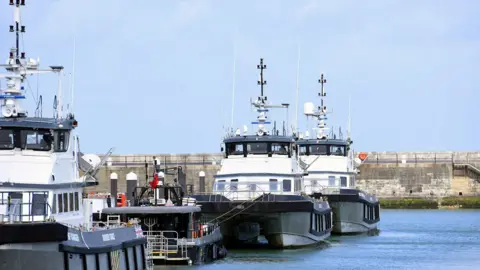 EMMA LYNCH / BBC
EMMA LYNCH / BBC
Two harbourmasters, speaking anonymously to the BBC, agreed with Nick that private marinas were an easy target for people-smugglers because they were not manned 24/7.
One based in Essex likened security to a caravan site and said that someone could hide people in a boat "easily".
"In a busy marina in peak season, with a lot of people coming in and out, it would be very easy to do this," they said.
In Kent, Thanet District Council - which is responsible for Ramsgate Marina - told us it was Border Force, and not individual harbours, that was "the front line response for immigration and illegal activities".
"Staff at the port and harbour are vigilant and report any concerns or suspicions directly to Border Force for them to follow up," said a spokesperson.
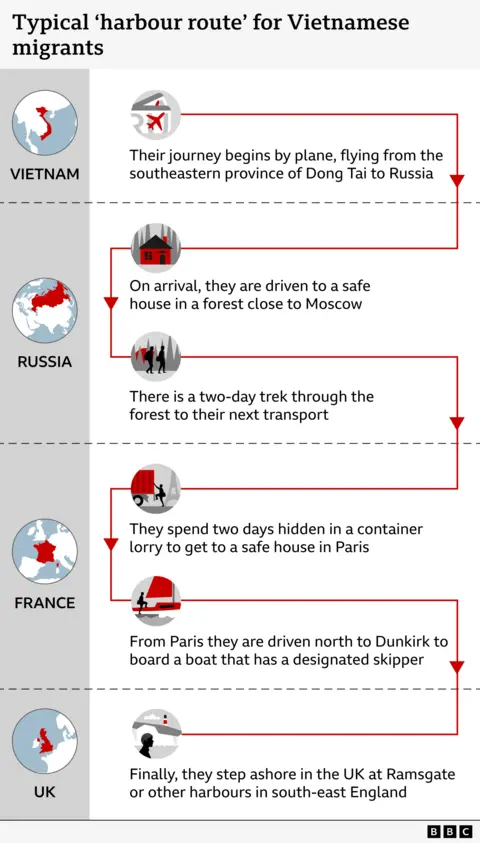
There are hundreds of harbours and marinas in the UK and it would not be a reasonable expectation for Border Force to have a fixed presence at all of them, said the force's Charlie Eastaugh.
But we do receive "really good information" from the maritime community which the force responds to, he added. "We need to be able to respond to intelligence so we can proportionately use our resources around the whole of the UK."
We also spoke to former Border Force chief Tony Smith, who told us the "vast majority" of the agency's resources were currently deployed to the Small Boats Operational Command - focusing on specific routes used by large numbers of people crowded into small craft.
"My preference certainly would be to be able to deploy more widely and to look more across the whole of the UK coastline to identify threats," he said, adding he thought the BBC's conversations with Nick would be "really, really helpful as another source of intelligence".
More than 12,500 people have crossed the English Channel on small boats so far in 2025 - and a record number of migrants died while attempting to make the dangerous crossing in 2024.
Small-boat crossings are different from what Nick was doing because most of those migrants want to be seen and rescued by Border Force to claim asylum in the UK. Smugglers are not on the boats, which are instead often manned by migrants who get discounts on their fees.
The numbers of migrants involved in an operation like Nick's are harder to pin down because there are no published estimates of how many illegal immigrants enter the UK through small ports, marinas and harbours.
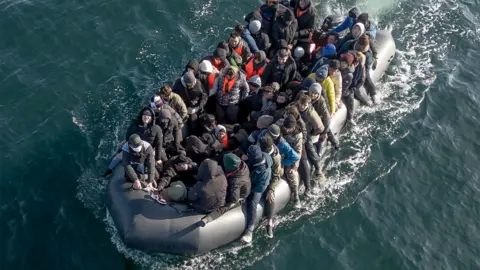 Getty Images
Getty Images
Nick told us he would carefully plan his trips to France around favourable tides and weather conditions - setting sail from Kent after dark. He would head for private marinas, yacht clubs and other discreet locations around Dunkirk to collect the Vietnamese migrants who had been driven from a Paris safehouse. He would normally smuggle four per trip, he said.
He would return back to Ramsgate in the early hours before it got light, he told us. The migrants would stay hidden inside the boat's cabin until the next evening, when one of the smuggling gang would collect them under the cover of darkness.
But there were occasions when he had to escape prying eyes, Nick recalled. For a time, he had to switch from Ramsgate to a different marina because one of the harbour staff told him there had been "foreigners" around his boat, having spotted some of the Vietnamese migrants.
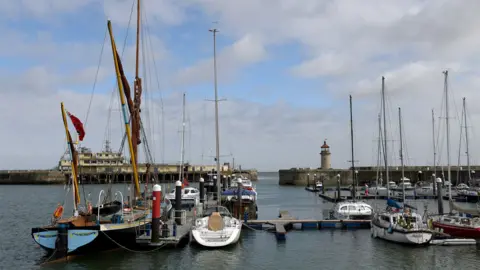 EMMA LYNCH / BBC
EMMA LYNCH / BBC
He managed to continue his ruse, however, for up to 18 months before being caught.
A police unit tasked with tackling serious organised crime had been watching him and Matt for months. In late summer 2018, officers spotted Nick sail into view with four Vietnamese men in his boat. Nick was charged with conspiracy to facilitate the illegal entry of foreign nationals into the UK and later sentenced to eight years in prison.
Lin, the Vietnamese woman who had been paying him, got the same sentence. They both denied the charges, whereas Matt, the Albanian, pled guilty and was given a lesser sentence of five years and four months.
"I regret a lot of it, but I don't know that it would have ever been any different," said Nick, reflecting on his time in the people-smuggling trade.
"I think I was always out for self-destruction anyway."
He was recently recalled to prison for breaching the terms of his licence. Matt and Lin, meanwhile, are both out of prison and living in the UK.
What's Your Reaction?
 Like
0
Like
0
 Dislike
0
Dislike
0
 Love
0
Love
0
 Funny
0
Funny
0
 Angry
0
Angry
0
 Sad
0
Sad
0
 Wow
0
Wow
0

